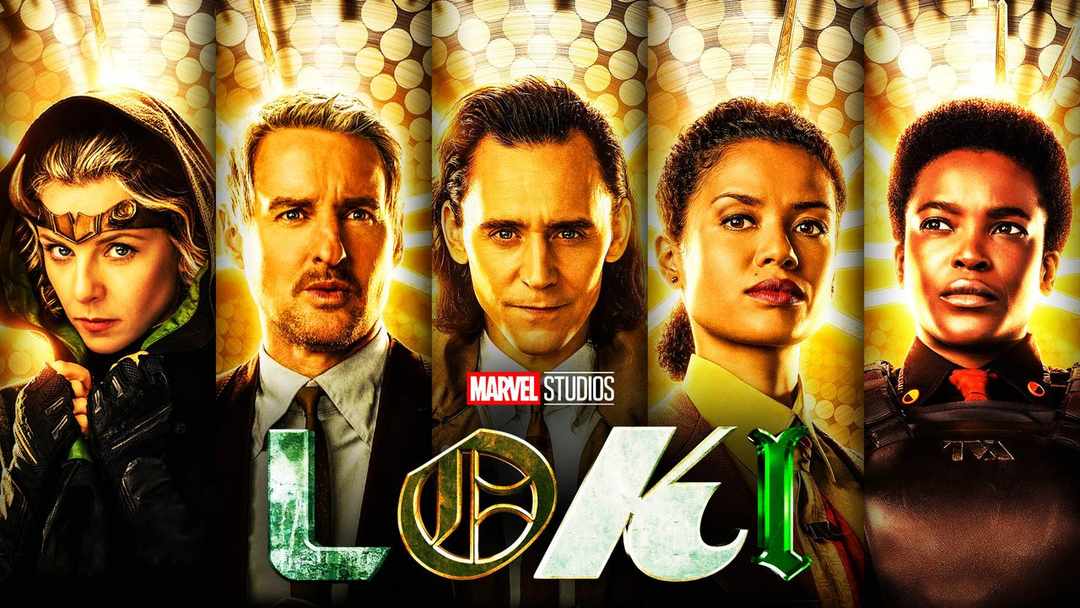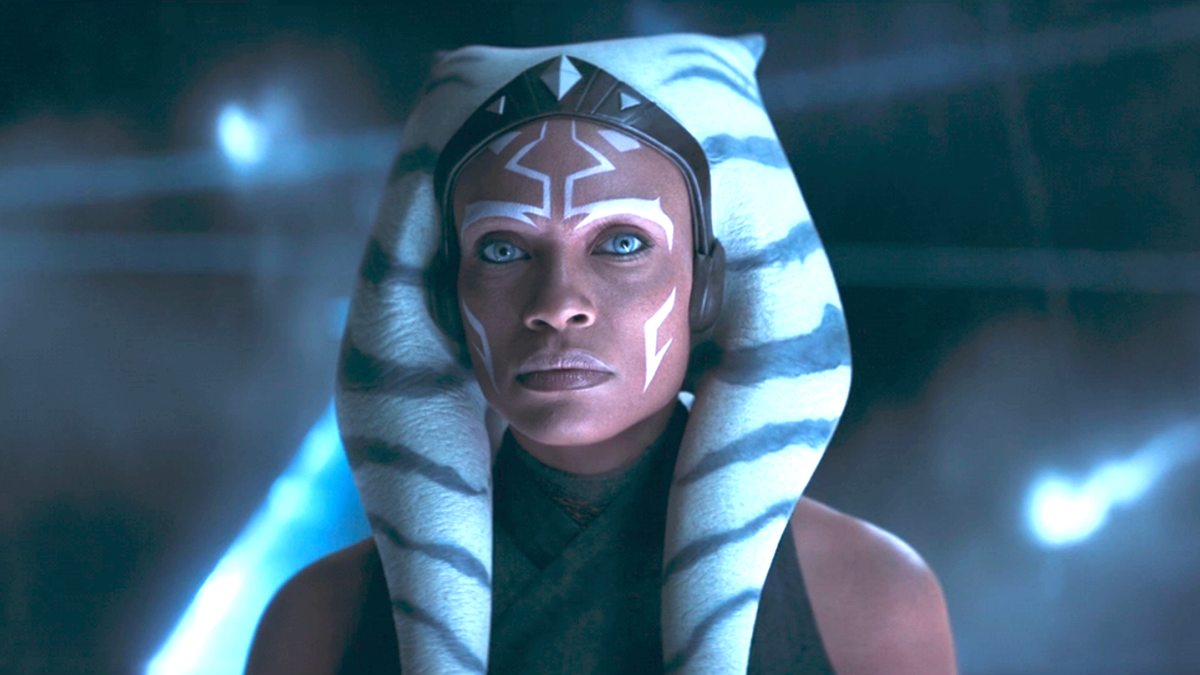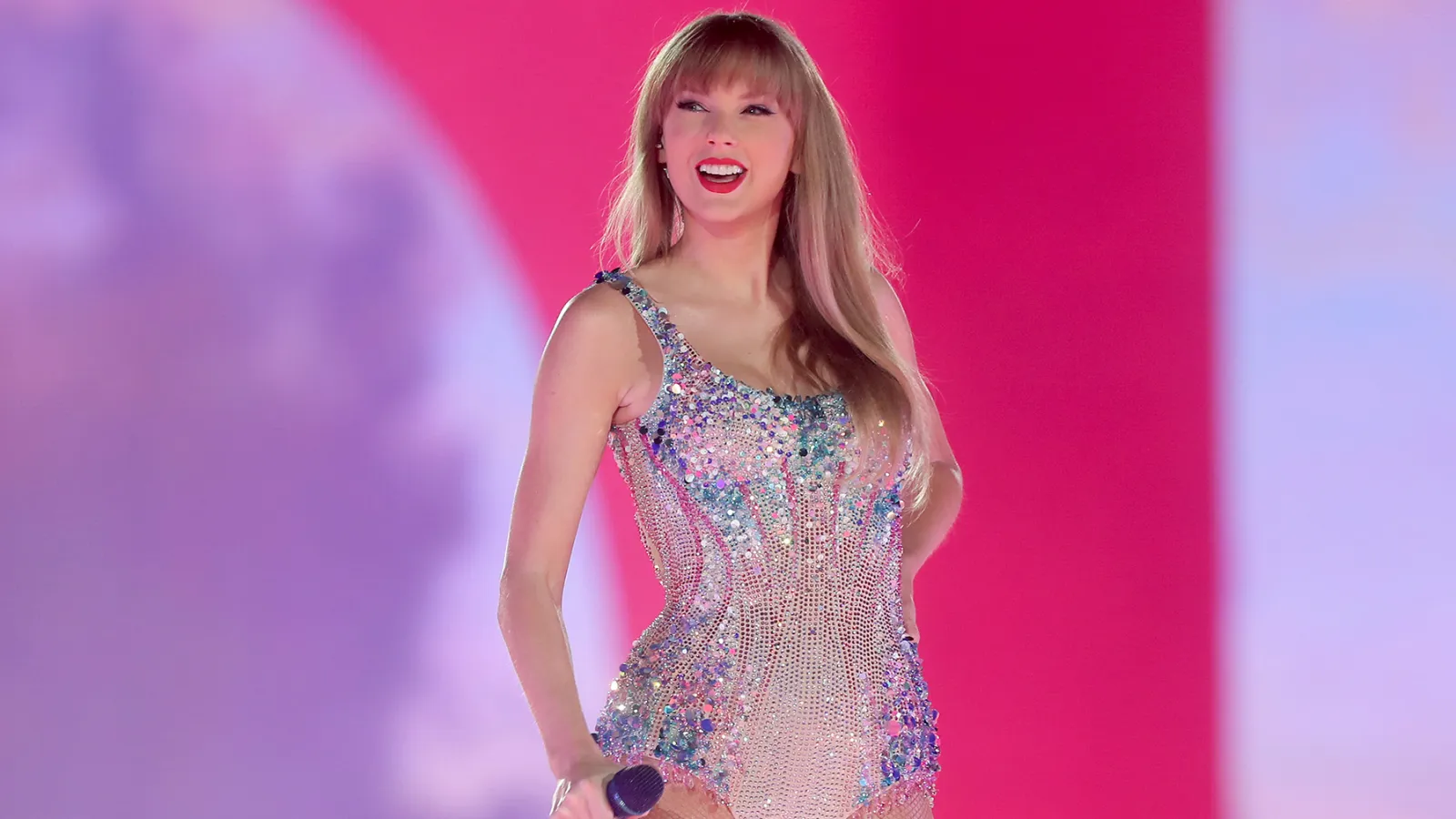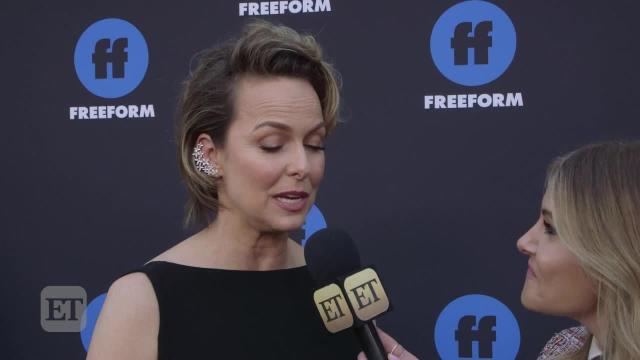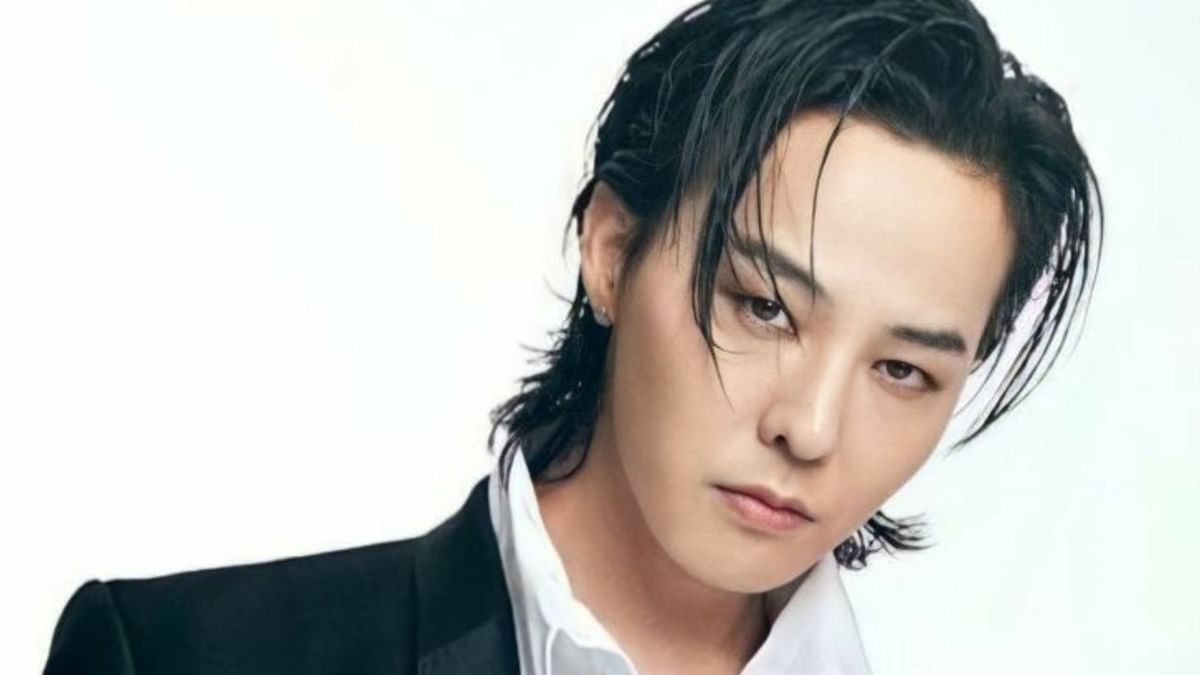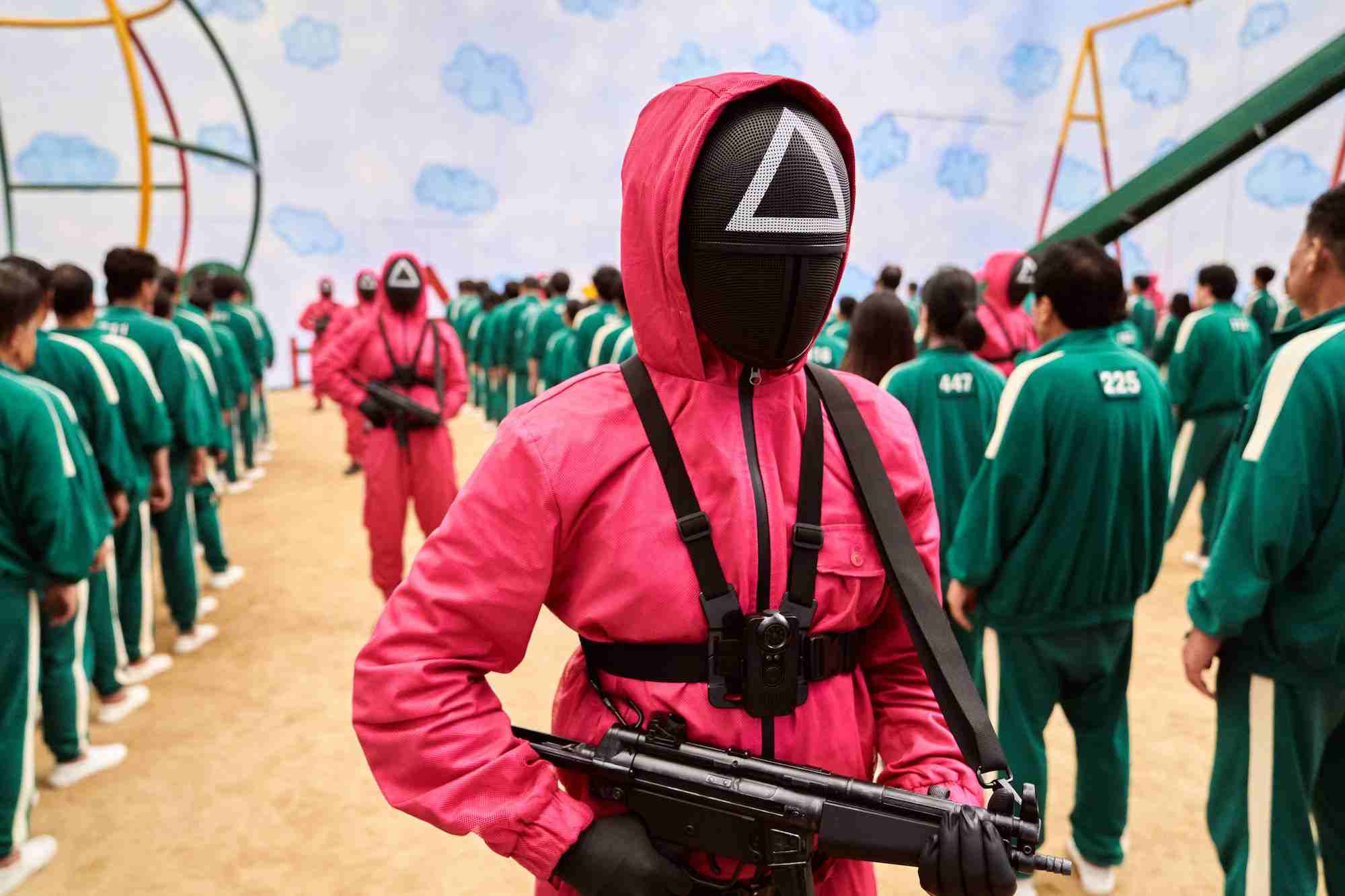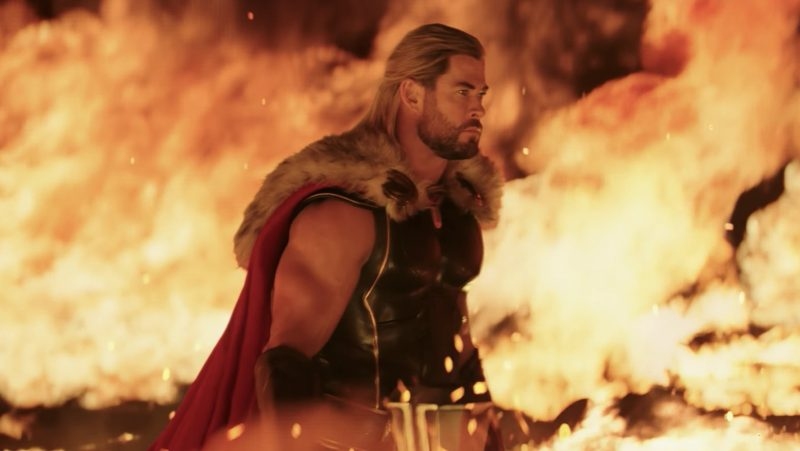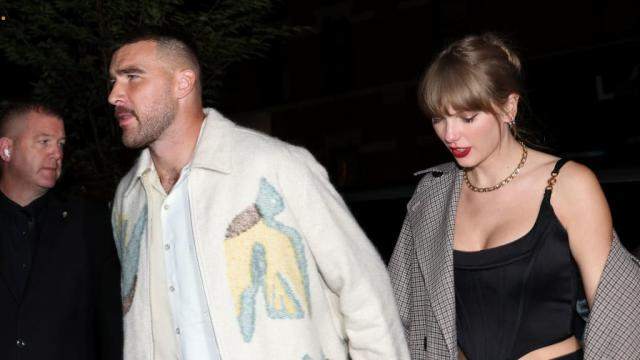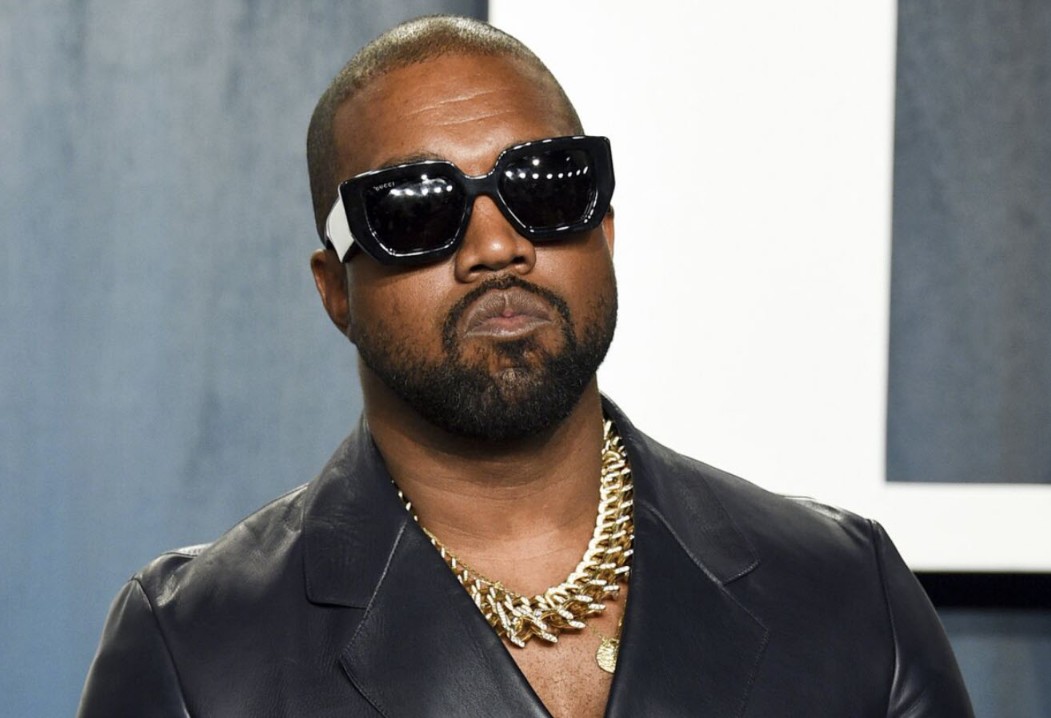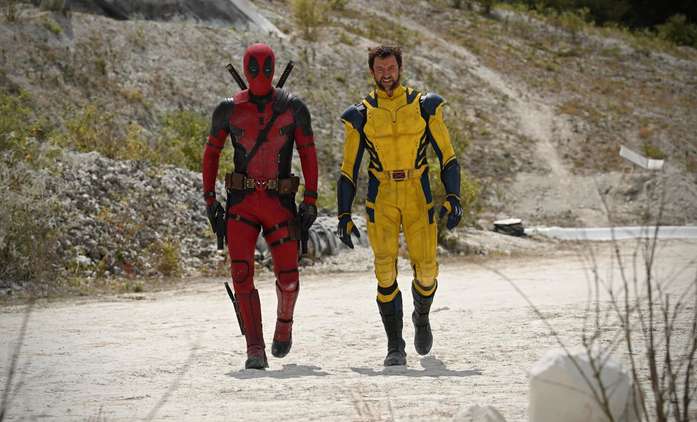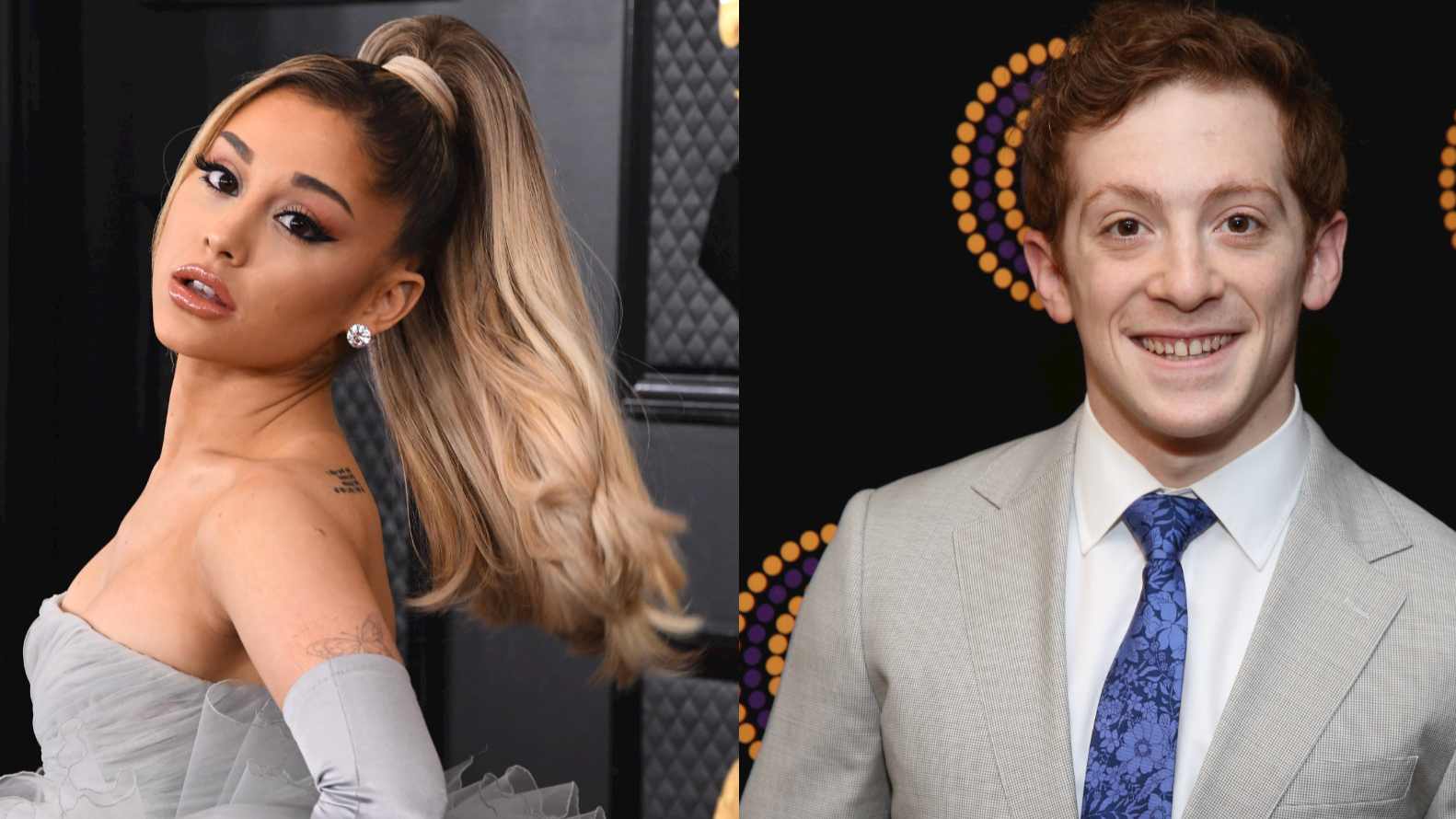LOKI Season 2 Review, Analysis And Impression
In Season 2 of Marvel’s Disney+ series “Loki,” Tom Hiddleston’s iconic Norse God of Mischief undergoes a remarkable transformation. He shifts from his mischievous ways to become a hero determined to save his newfound friends at the Time Variance Authority (TVA) and billions living across countless timelines. Hiddleston’s performance convinces viewers of Loki’s newfound altruism, referencing his evil past only in soul-searching moments and during clever good cop/bad cop routines with his TVA ally, Mobius (Owen Wilson).
What’s astonishing about Season 2’s initial four episodes is the seamless blend of compelling character arcs, high-stakes existential drama, quirky humor, and world-threatening action. Among Disney+ Marvel series, “Loki” Season 2 stands out as the most cinematically spectacular, featuring stunning special effects and reality-warping camera work. The show introduces new corners of the TVA’s bureaucracy, and each episode presents meticulously detailed period locations, creating a visually immersive experience. The expertly executed cross-cutting makes technical exposition feel effortless.
The TVA, a space/time continuum FBI, has historically preserved the Sacred Timeline by preventing alternate history branches. Loki’s arrival disrupts this balance, leading to a multiversal crisis. Loki, alongside Sylvie (Sophia di Martino), another variant of himself, confronts the ultimate temporal threat, He Who Remains (Jonathan Majors). Sylvie’s actions in Season 1 set off a chain reaction, creating multiple dimensions and endangering the Temporal Loom within TVA HQ. If the Loom overloads, catastrophe awaits.
The plot becomes increasingly intricate as Loki searches for Sylvie through time, aiming to restore order. Sylvie remains elusive and determined to eliminate all HWR/Kang variants. Their debates form the core of Season 2’s philosophical inquiries, delving into themes of right and wrong, chaos agency vs. inner peace, free will, self-delusion, and the nature of gods and monsters.
The TVA’s ensemble cast brings diverse perspectives. Hunter B-15 (Wunmi Mosaku) dedicates herself to the cause despite knowing a better life exists elsewhere. Ravonna Renslayer (Gugu Mbatha-Raw) goes rogue across timelines, showcasing intriguing variations on her comic book counterpart. Miss Minutes, the clock-faced A.I. voiced by Tara Strong, emerges as a formidable antagonist. Owen Wilson’s Mobius adds depth with his poignant refusal to revisit his pre-TVA life. His love for TVA’s green key lime pie symbolizes his attachment to this unreal world.
Ke Huy Kwan’s Ouroboros (O.B.), the TVA’s engineering repairman, provides comic relief. He’s socially awkward but holds the key to the multiverse’s survival.
Jonathan Majors’ role as Victor Timely, a 19th-century inventor and Kang variant, is a highlight. Majors delivers a soft-spoken, charismatic performance, combining theatricality with specific behaviors that captivate audiences. His character’s role as a pivotal lynchpin in the Marvel phase adds depth and intrigue to the story.
As Loki becomes integral to saving the multiverse, Tom Hiddleston’s portrayal continues to evolve. While further personality changes may not be expected in the remaining episodes, Hiddleston’s versatility remains unquestionable. His ability to adapt to roles like President Loki or Lokigator showcases his enduring appeal. However, trust remains a central theme, reminding us that the God of Mischief’s greatest deception may be his own.
“Loki” Season 2 offers a thrilling mix of character development, philosophical exploration, and spectacular visuals, setting a high standard for Disney+ Marvel series. With a talented cast, intriguing new characters, and Jonathan Majors’ standout performance, the show promises an exciting journey through the multiverse. Tom Hiddleston’s enduring portrayal of Loki keeps viewers engaged, leaving us eager to see where this heroic transformation will lead in the Marvel Cinematic Universe.
